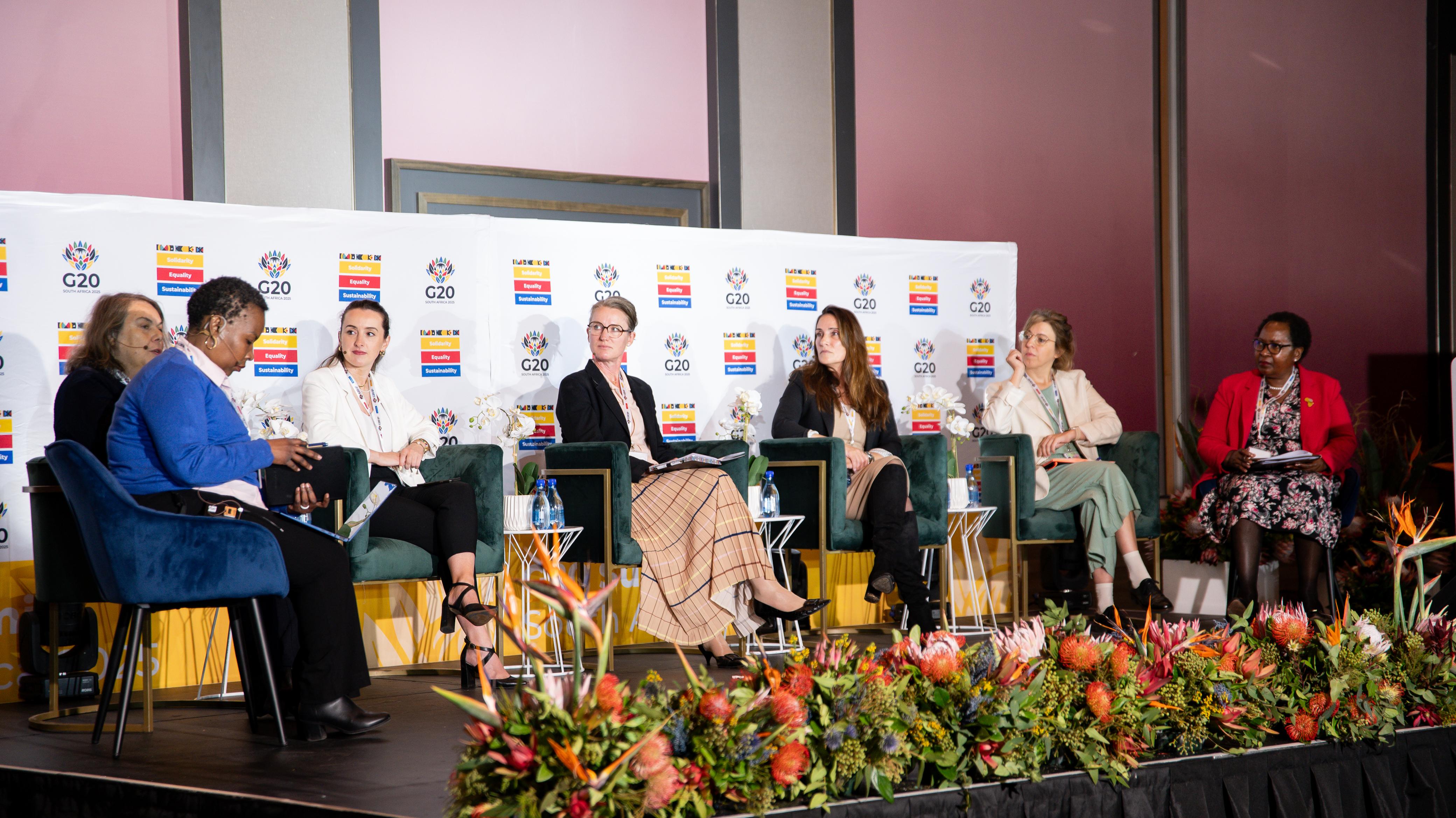South Africa reflects not only on the historic courage of the women of 1956, but also on the pathways still to be carved for future generations. On 9 August 1956, nearly seven decades ago, more than 20,000 women marched to the Union Buildings to demand freedom, dignity and equality.

Their voices reshaped the nation and laid the foundation for a democratic Constitution that protects women’s rights. Today, in 2025, that spirit of resilience finds new meaning as women position themselves at the centre of the global energy transition, with South Africa’s first-ever Presidency of the Group of Twenty (G20) providing a unique platform.
The G20’s 2025 theme, “Solidarity, Equality and Sustainability”, is more than a diplomatic slogan; it is a call to action. Women’s Month offers an opportunity to connect a proud history with urgent global conversations on energy, climate and inclusion. As progress is celebrated, it is equally important to acknowledge the work that remains: women are still underrepresented in the very sectors that will shape the future economy.
The G20, representing the world’s largest economies, has become a key driver in shaping the policies that determine the global future. Under South Africa’s leadership, the forum has taken on a distinctly African dimension, amplifying the challenges and aspirations of the continent.
For women, this is particularly significant. It ensures that the lived realities of rural women, informal workers and emerging youth voices are not sidelined, but placed at the centre of global dialogue. These perspectives are especially critical in debates about energy and climate, where decisions taken today will define the opportunities of tomorrow.
South Africa, like much of the world, stands at a crucial energy crossroads. Transitioning to cleaner, more sustainable energy sources is not only a technical necessity but also a social imperative. Yet women continue to be disproportionately excluded from decision-making tables, technical positions and leadership roles. According to international energy reports, women hold less than 25% of jobs in the energy sector, with even fewer in engineering, scientific fields and top leadership positions.
The recent G20 side event on Women in Energy Transition, held in Sun City, was a timely reminder during Women’s Month of the urgent need for inclusive and forward-thinking energy strategies, particularly as South Africa leads the G20 in 2025. Deputy Minister of Electricity Samantha Graham Maré underscored this urgency: “What we must do is make sure that our Integrated Resource Plan gets properly implemented and that we’re creating the pipeline of projects that will create the jobs. There’ll be a lot of focus on reskilling, upskilling, and new opportunities within the renewable sector that didn’t necessarily exist within the coal economy.”
Her words highlight that the energy transition is not only about new technologies, but also about creating new opportunities. For women and youth in particular, investment must go beyond infrastructure. It must prioritise skills, training and access to resources that enable meaningful participation and leadership in shaping the future energy economy.
This emphasis on empowerment echoes South Africa’s broader history. The journey since 1956 demonstrates that progress is achieved when collective will is matched with collective action. Today, the G20 Presidency provides an opportunity to extend that lesson onto the world stage. The integration of women into the energy transition is not charity but smart economics; it is social justice, and it is essential for sustainability.
As Women’s Month in 2025 draws to a close, the legacy of past generations serves as a reminder that equality cannot remain a declaration. It must be visible in boardrooms, laboratories, construction sites and policy frameworks, ensuring that the struggles of yesterday translate into real opportunities for the women of today and tomorrow.
Keneilwe Mashaba is a Communication Clerk, International Media Engagement Government Communication and Information System



 Facebook
Facebook Twitter
Twitter WhatsApp
WhatsApp